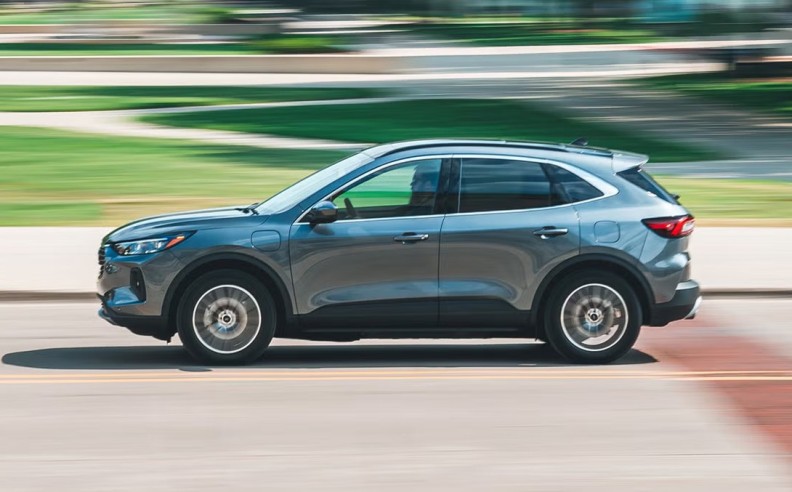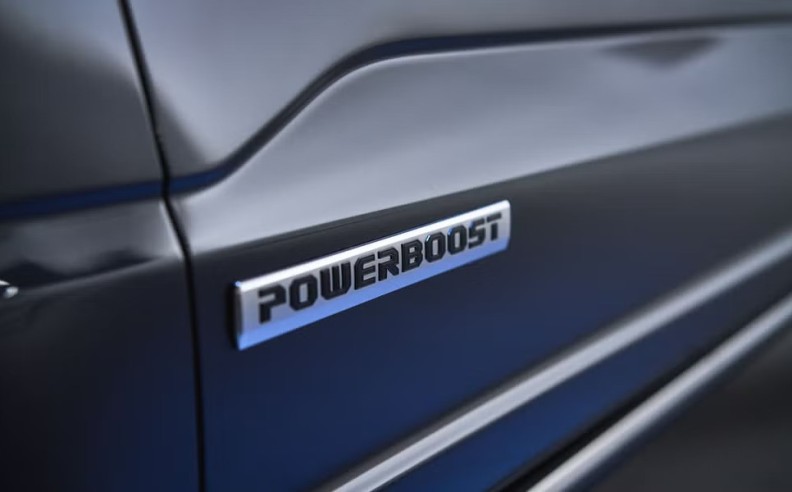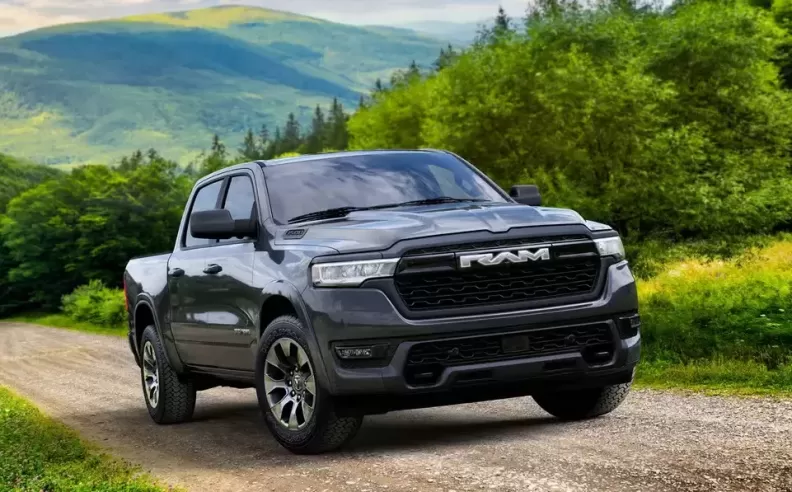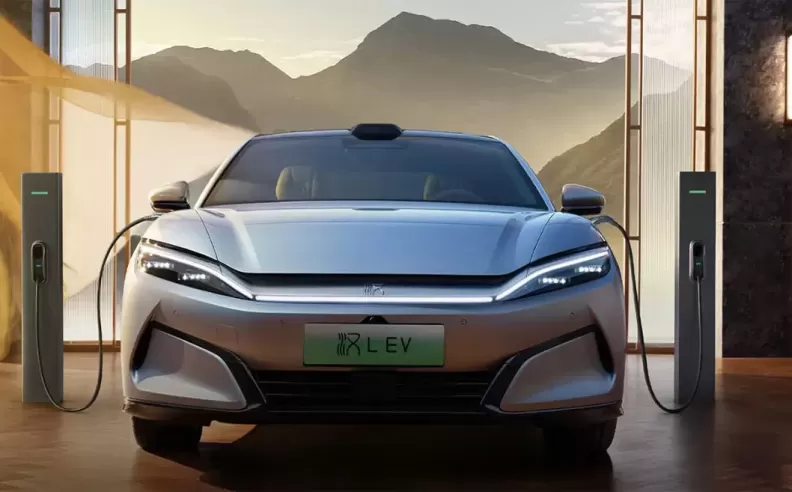
Ford is steering toward a new era in hybrid technology. During its fourth-quarter earnings call, CEO Jim Farley revealed that the company is developing extended-range electric vehicle (EREV) technology, signaling a fresh direction for Ford’s lineup of large passenger SUVs and pickup trucks.

Ford's new approach focuses on the EREV system, which operates differently from conventional parallel hybrids. In a traditional hybrid, both the gasoline engine and electric motor can power the wheels either together or independently. In contrast, an EREV uses the gasoline engine solely as a generator to recharge the battery when its charge begins to drop. This design provides an effective middle ground between full internal combustion engines and battery-electric vehicles. The innovation is aimed at offering the benefits of electric power while maintaining the extended range needed for larger SUVs and pickup trucks.

The introduction of range-extended plug-in hybrids signals a new direction for Ford's vehicle portfolio. With competitors already exploring similar technology, Ford's strategy is to offer a unique solution tailored to the demands of large vehicles. The success of models like the Ram 1500 Ramcharger, which uses a gasoline engine solely as a generator, suggests that there is strong market potential for this type of powertrain. Ford's current lineup includes the battery-electric F-150 Lightning and a conventional hybrid version with the PowerBoost V6. The development of EREV technology is expected to complement these offerings and solidify Ford's position as a leader in versatile and innovative vehicle solutions.

Started my career in Automotive Journalism in 2015. Even though I'm a pharmacist, hanging around cars all the time has created a passion for the automotive industry since day 1.
